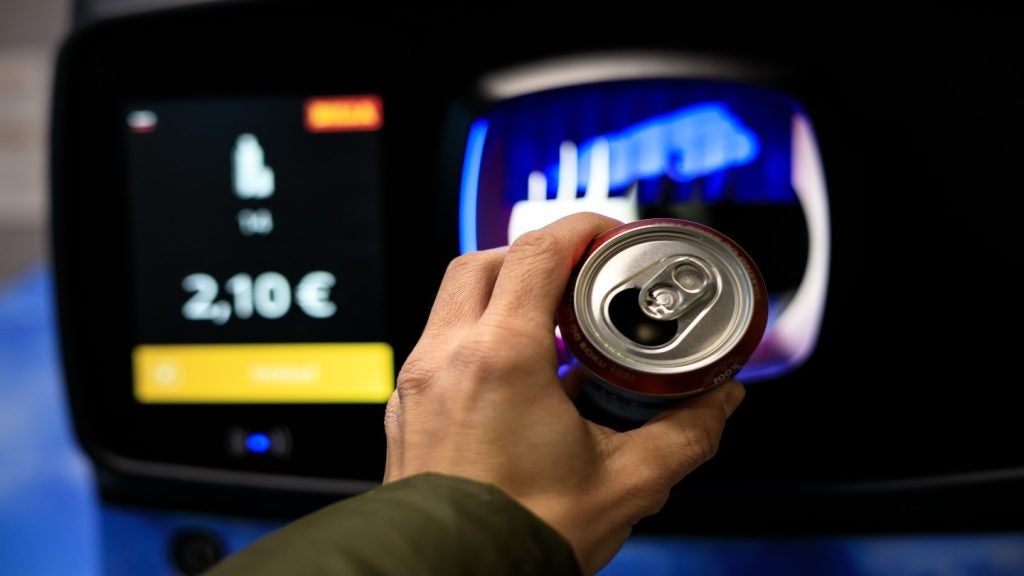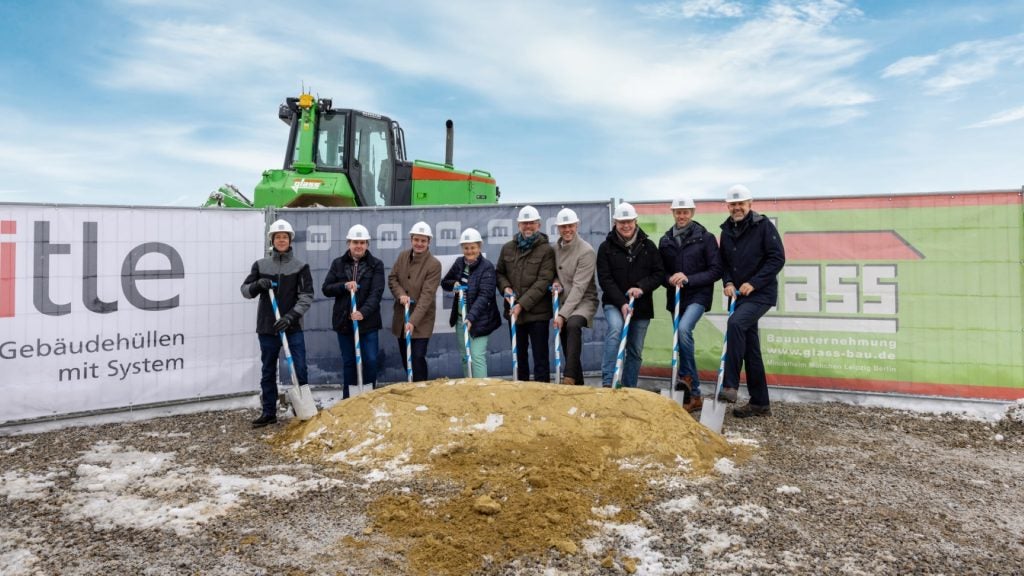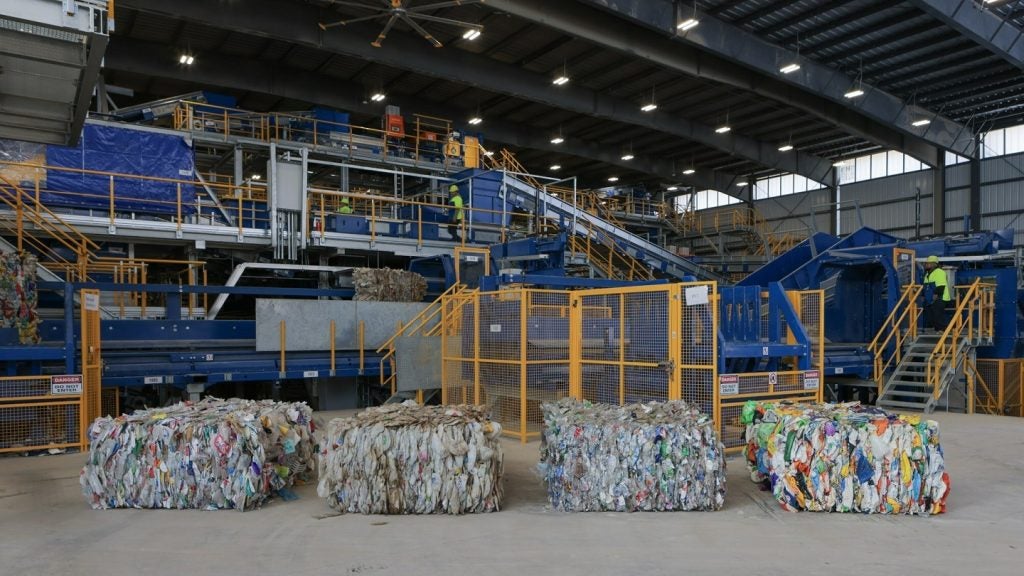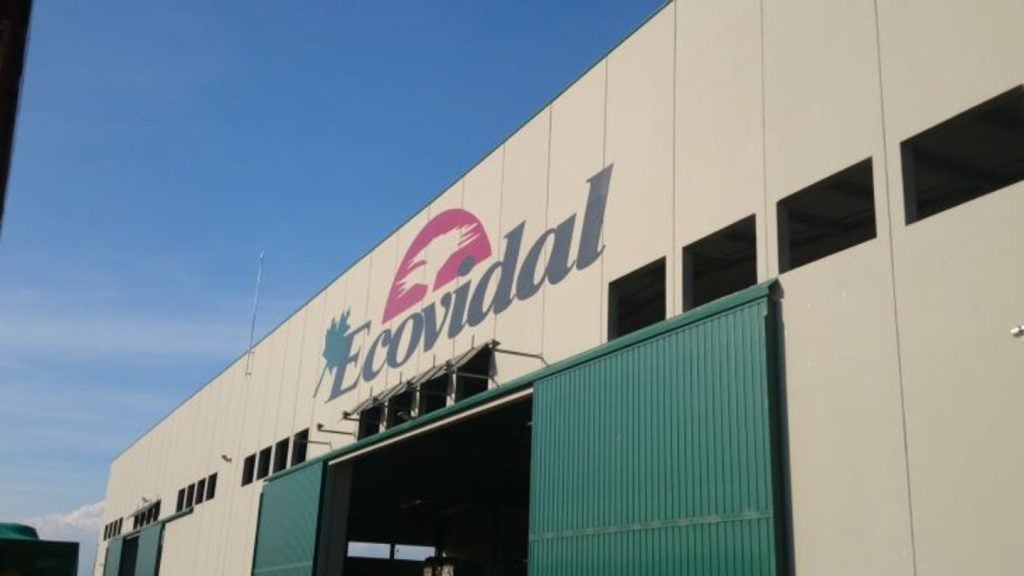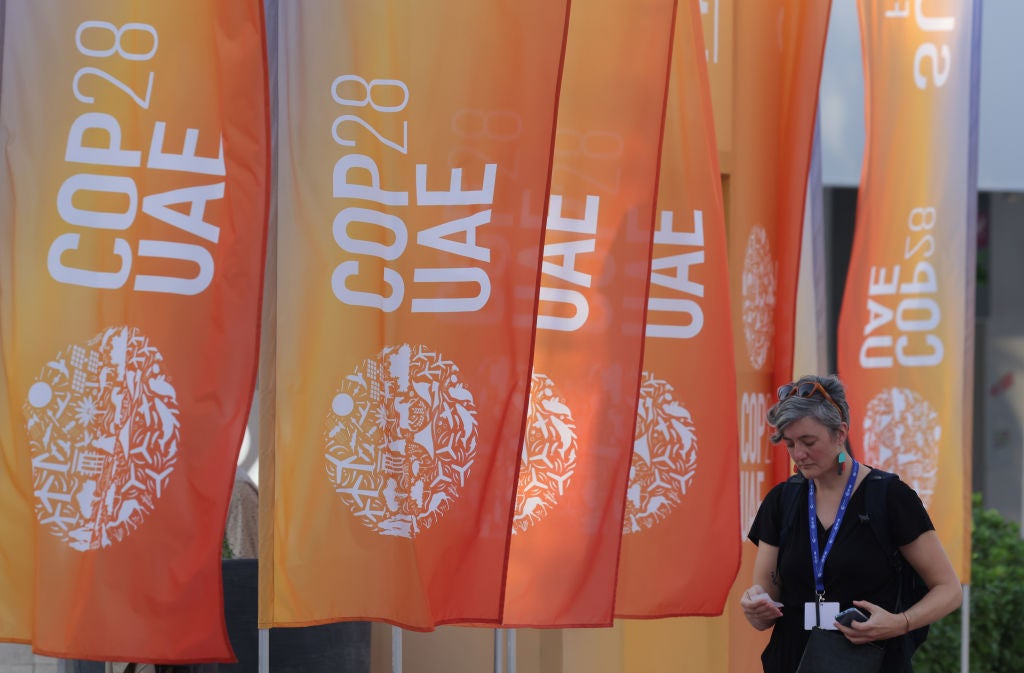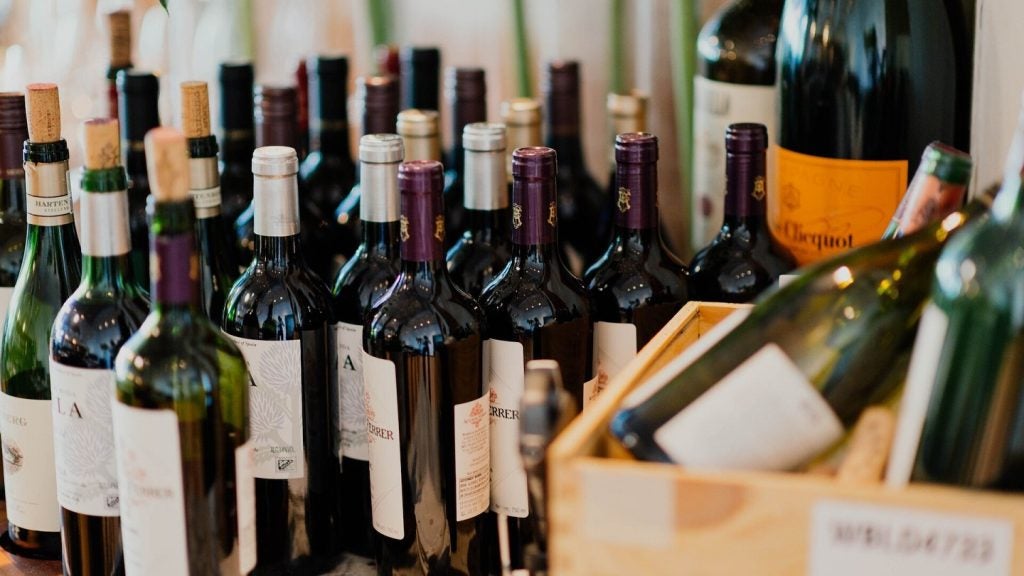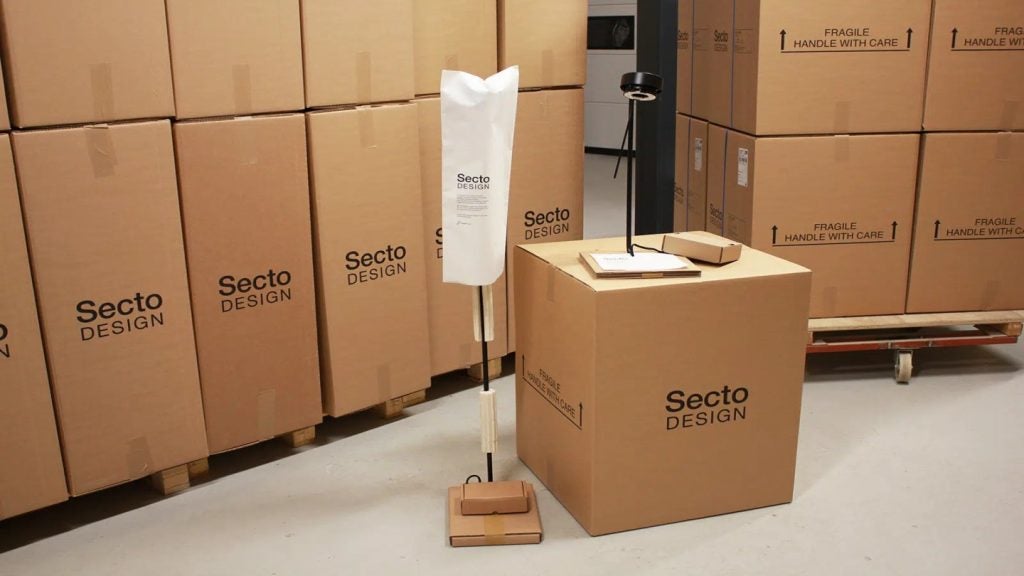Several global aluminium beverage can value chain partners have collaborated to set ‘a near 100% recycling target by 2050’ during the ongoing UN Conference of Parties (COP28).
This milestone was announced by the International Aluminium Institute (IAI).
At this year’s COP28, which is being held in Dubai, United Arab Emirates, between 30 November and 12 December, the partners emphasised the need to accelerate aluminium beverage can circularity across the globe.
The value chain comprises worldwide aluminium producers, recyclers, and industry associations.
An improved aluminium recycling system would further support the International Energy Agency’s Net Zero 2050 target.
The IAI highlighted that the number of these beverage cans is expected to increase to 630 billion by 2030 from 420 billion in 2020.
The data provided by the IAI also showed that recycling these cans across the globe in 2030 could help save up to 60 million tonnes of greenhouse gas emissions annually.
IAI Scenarios and Forecast director Marlen Bertram said: “Together we are calling for greater commitment from national governments and the aluminium beverage can value chain industry to accelerate beverage can recycling rates, with at least 80% target by 2030 and near 100% by 2050.
“Reaching these targets is a must for the aluminium sector to decarbonise in line with a 1.5-degree slope.”
The industry partners have asked policymakers to establish national and/or state-level beverage cans recycling targets, set up policies for achievingthese key targets, and improve the quality of collected used beverage cans.
The industry is also calling to publish data on aluminium beverage can recovery rates to further monitor ongoing progress.
The IAI proposed four measures: scaling up existing recycling capacity to include all the cans placed in the market, tracking global recycling rates, supporting smart policies for can collection and recycling, and prioritising can-to-can recycling.
The latest initiative is also being endorsed by the Australian Aluminium Council, Emirates Global Aluminium, US Aluminum Association, along with major companies such as Ardagh Metal Packaging, Ball, Crown Holdings, Novelis, and several others.


